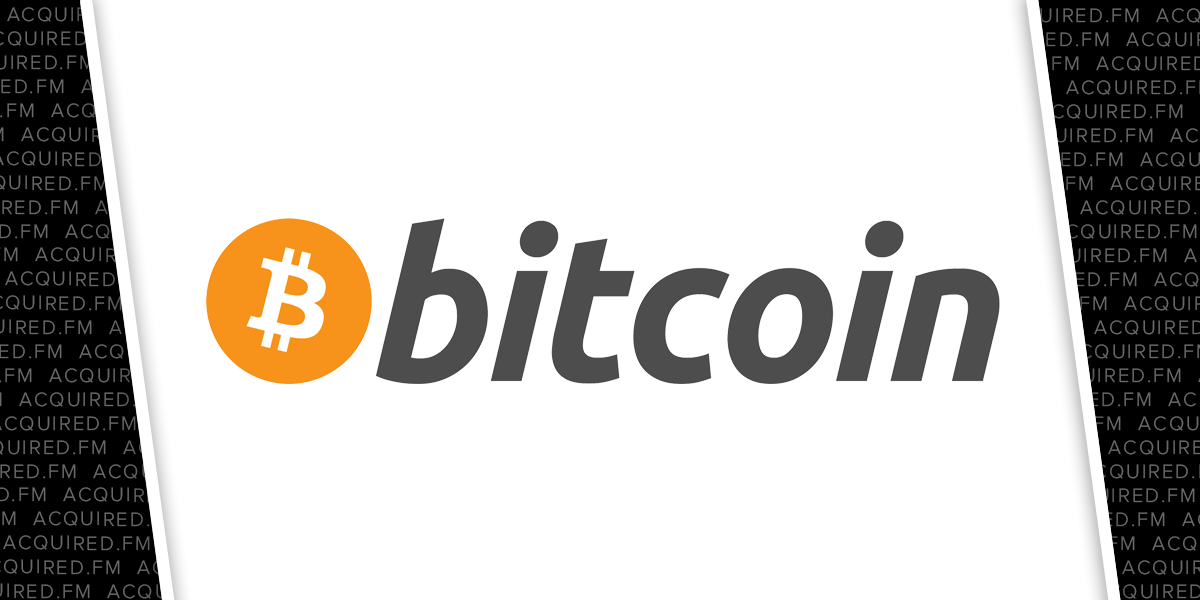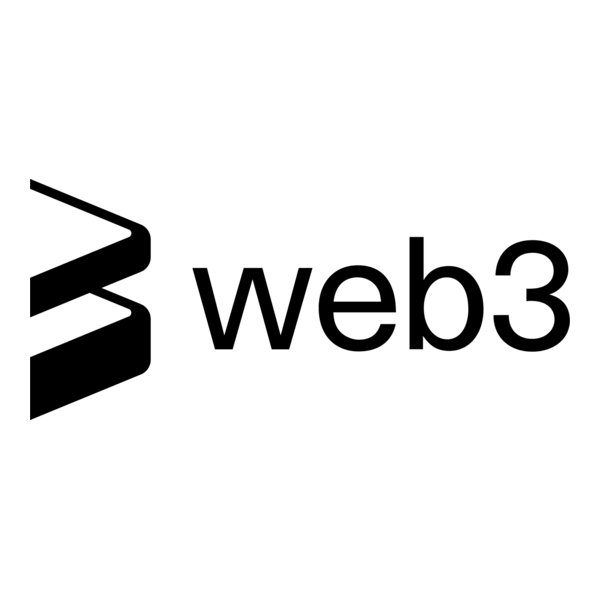Key Takeaways
- Smart contracts are self-executing programs that automate agreements on the blockchain without intermediaries.
- In 2025–2026, smart contracts are driving major innovations in finance, gaming, supply chains, and identity verification.
- Their future depends on improved security, better interoperability, and clearer global regulations.
A Technology Redefining Digital Trust
As blockchain adoption accelerates, smart contracts have emerged as one of the most transformative components of the Web3 ecosystem. By 2025 and heading into 2026, smart contracts are reshaping industries by automating processes that traditionally required lawyers, banks, or manual oversight. They are now fundamental to decentralized finance (DeFi), NFT marketplaces, Web3 gaming, autonomous organizations, and countless emerging digital services.
But despite their growing influence, many beginners still ask the same foundational question: What is a smart contract—and why does it matter?
At their core, smart contracts are more than just code. They are trust frameworks for an increasingly digital world.
Defining the Smart Contract: Code That Executes Agreements
A smart contract is a self-executing digital agreement stored on a blockchain. It automatically triggers actions when predefined conditions are met—no human intervention required.
Instead of signatures, witnesses, or approvals, smart contracts rely on logic such as:
- If X happens, execute Y.
For example, if someone buys an NFT, the contract instantly transfers ownership and funds. If someone locks tokens into a DeFi lending pool, the contract distributes interest based on the rules coded into it.
Because smart contracts live on decentralized networks, they are:
- Transparent — anyone can view the code.
- Immutable — once deployed, the logic cannot be changed without consensus.
- Permissionless — no middleman decides who can use them.
- Autonomous — they execute automatically when conditions are met.
This combination creates an environment where users trust the math, not the institution.
Also read : How to Launch a Token on Ethereum
Why Smart Contracts Matter More in 2025–2026
Over the last decade, smart contracts have matured from an experimental concept to a global infrastructure layer. In 2025–2026, several trends are accelerating their importance:
1. DeFi’s Evolution and Institutional Adoption
Smart contracts power decentralized exchanges, lending markets, stablecoins, derivatives, and asset tokenization. As institutional players increasingly engage with blockchain, the demand for secure and audit-ready smart contracts is surging.
2. The Rise of Web3 Gaming and Digital Ownership
Smart contracts govern in-game economies, NFT drops, verifiable item ownership, and marketplace transactions. Play-to-earn (P2E) and on-chain gaming rely heavily on automated contract logic to ensure fairness.
3. Global Supply Chain Traceability
From food to pharmaceuticals, smart contracts are being used to verify the movement of goods, automate payments, and enforce compliance.
4. Digital Identity and Authentication
Decentralized ID systems use smart contracts to manage permissions, verify credentials, and eliminate traditional authentication bottlenecks.
5. DAOs and On-Chain Governance
Decentralized autonomous organizations operate entirely through smart contracts—handling treasury decisions, member votes, and governance rules with complete transparency.
Across every sector, smart contracts are shifting from a niche blockchain feature to an operational necessity.
How Smart Contracts Work: Under the Hood
To understand smart contracts, it helps to look at how they function within a blockchain ecosystem:
Writing and Deploying the Code
Developers typically write smart contracts using languages like Solidity (for Ethereum) or Rust (for newer chains such as Solana). After coding and testing, the contract is deployed to a blockchain network, where it becomes a permanent piece of the system.
Executing Autonomous Logic
Once deployed, anyone can interact with the contract by sending transactions. The blockchain’s nodes process these interactions, verify conditions, and execute the programmed outcome.
Security as a Priority
Because smart contracts are immutable, a bug can become a permanent vulnerability. This is why security audits, formal verification, and testing frameworks are becoming mandatory in 2025 and 2026—especially as more funds and real-world assets move on-chain.
Challenges Facing Smart Contracts in 2025–2026
Even with their rapid evolution, smart contracts still face significant hurdles:
Security Risks
Vulnerabilities in contract logic have led to some of the largest hacks in crypto history. As complexity increases, so does the attack surface.
Regulatory Uncertainty
Governments are still determining how to classify smart contracts—as legal agreements, software, or something entirely new.
Interoperability
Many smart contracts cannot communicate across blockchains. Cross-chain layers and interoperability protocols are attempting to fix this, but fragmentation remains a challenge.
User Experience
The average person does not want to interact with crypto wallets, gas fees, or blockchain jargon. Better interfaces are essential for mass adoption.
The Future of Smart Contracts: Toward a More Autonomous Web
Looking ahead, smart contracts are expected to become even more powerful and accessible. AI integration is emerging as a major trend—allowing contracts to react to real-world data, market conditions, or decentralized AI agents. Developers are also building “modular smart contracts” that reduce risk by using secure, upgradeable components.
By 2026, the industry is moving toward:
- more standardized auditing frameworks
- cross-chain contract execution
- hybrid contracts that interact with off-chain data
- governance systems run entirely on-chain
Smart contracts aren’t just technical tools—they’re infrastructure. They will define how digital economies operate.
Conclusion: A Foundation for the Next Digital Era
Smart contracts have moved from a theoretical concept to a global technology powering billions of dollars in transactions and countless new applications. In 2025 and the years ahead, they represent a fundamental shift in how we define trust, automate agreements, and interact with digital services.
Whether you’re exploring DeFi, building a Web3 startup, experimenting with NFTs, or studying blockchain for the first time, understanding smart contracts is essential. They are the backbone of the decentralized world—and their influence is only growing.




